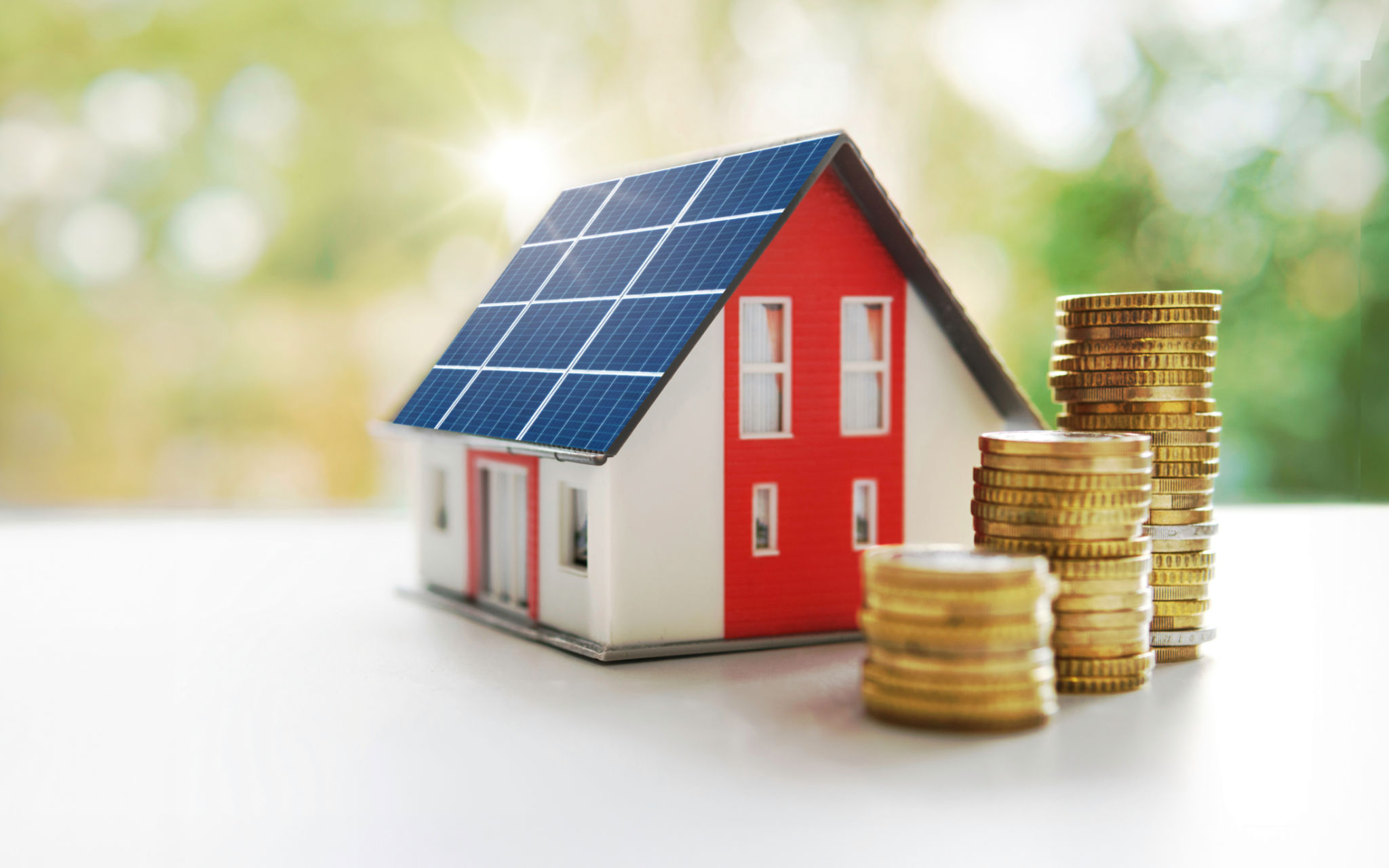Frequently Asked Questions About Solar Energy Solutions in Gwalior
What is Solar Energy?
Solar energy is power harnessed from the sun's rays and converted into electricity or heat. It is a renewable resource, meaning it is naturally replenished and sustainable over time. In regions like Gwalior, where sunlight is abundant, solar energy solutions are particularly effective and beneficial for both residential and commercial users.
How Do Solar Panels Work?
Solar panels, also known as photovoltaic (PV) panels, capture sunlight and convert it into electricity. When sunlight hits the solar cells on the panels, it excites electrons, generating direct current (DC) electricity. An inverter then converts this DC electricity into alternating current (AC), which can be used to power homes and businesses.

Why Choose Solar Energy in Gwalior?
Gwalior enjoys a significant amount of sunshine throughout the year, making it an ideal location for solar energy solutions. By opting for solar power, residents and businesses can reduce their electricity bills, decrease their carbon footprint, and contribute to a cleaner environment. Additionally, government incentives and subsidies further encourage the adoption of solar technology.
What Are the Initial Costs Involved?
The initial investment for solar energy systems can vary based on the size and type of installation. While upfront costs might seem high, it's important to consider the long-term savings on electricity bills. Typically, the return on investment can be seen within 5 to 7 years, depending on usage and local energy prices.

What Maintenance Do Solar Panels Require?
One of the advantages of solar panels is their low maintenance requirements. Routine cleaning to remove dirt and debris and periodic inspections to ensure all components are functioning correctly are generally all that is needed. Most solar panels come with a warranty of 20 to 25 years, ensuring long-term service and reliability.
Are There Government Incentives Available?
Yes, the Indian government offers various incentives and subsidies to promote solar energy adoption. These may include tax credits, rebates, and net metering policies that allow consumers to sell excess power back to the grid. Such incentives significantly reduce the overall cost of installing solar systems.

How Can I Get Started with Solar Energy in Gwalior?
To get started with solar energy in Gwalior, you can reach out to local solar providers for an assessment of your property. They will evaluate your energy needs, roof space, and shading conditions to design a system that maximizes efficiency. Comparing quotes from multiple providers can also help you find the best deal.
What Are the Environmental Benefits?
Solar energy is a clean, renewable resource that significantly reduces greenhouse gas emissions. By switching to solar power, you contribute to a reduction in air pollution and dependence on fossil fuels, helping combat climate change and promoting a healthier planet for future generations.

Conclusion
Embracing solar energy solutions in Gwalior offers numerous advantages, from cost savings to environmental benefits. With the region's favorable climate, government support, and technological advancements, there has never been a better time to consider making the switch to solar power.
